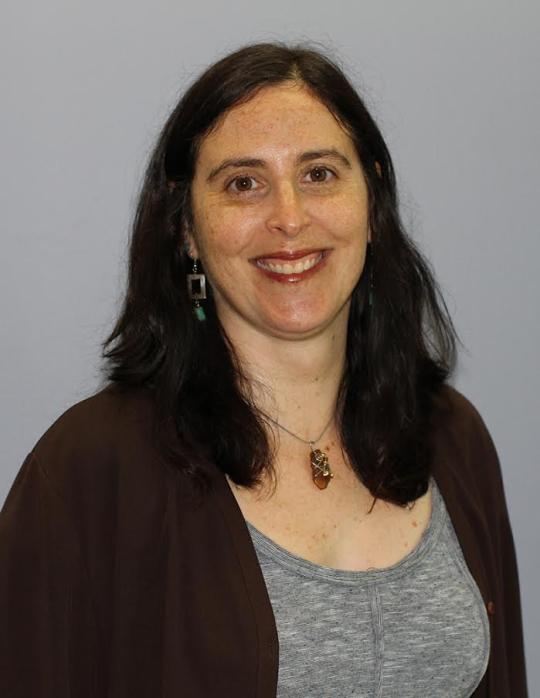A Post Election Open Letter to Students
Regardless of how you voted or how you feel about the outcome of the 2016 election, there is one thing we can agree on: 55% voter turnout is too low. And while data is still being processed, it does seem that the Millennial vote decreased in this election. When it comes to "prepar(ing) students to be learned persons who...have a broad cultural perspective...will be active citizens and leaders in society...and are concerned with contributing to the health and well-being of the world at large" (from SSU Mission Statement) [1], we have a lot to work to do.
Did you know that students were instrumental in the development of service-learning? Students began approaching their faculty asking if they could do service instead of a final paper and some faculty said "yes." Some of those faculty saw the impact that the service had on those students and started assigning service to their entire classes. The faculty then developed this teaching strategy, or pedagogy, further. Now, most service-learning classes start in partnership between faculty and community partners, but students still have an important part to play. If you think your class could be a good match for service-learning, ask your professor about it!
If you're reading this, you've probably already made a lifetime commitment to your community and to being civically engaged. Thank you for that!
Maybe you want to do more or something different? Or maybe you know that some of your peers could use some more civic learning? Community engagement and service-learning can be part of the solution. Research shows that service-learning:
- Increases voting
- Has a positive effect on sense of social responsibility and citizenship skills
- Is associated with community involvement after college
- Reduces or supports stereotyping
- Facilitates cultural & racial understanding
- Has a positive effect on student personal development including moral development, interpersonal development, team work, leadership, and communication skills
- Improves student ability to apply what they've learned in real world, critical thinking, and problem analysis [2]
Service-learning is a pedagogy, or teaching strategy, that integrates community service projects within the context of a class. Professors have the option to teach service-learning in their courses. In a service-learning course, the professor forms a relationship with a community partner, which can be a local nonprofit or government agency, and plans a service project that relates to the course material. Then after the project, students reflect on how the project relates to the course, what expertise they have now gained from the project, and how this impacts their commitment to long-term community and civic involvement. This service project can be thought of as a text for the course.
So, here are some things you can do:
- Take a service-learning class (see list of available classes)
- Encourage a friend to take a service-learning course
- Talk to your faculty about service-learning
- Get involved with an organization that supports targeted populations
- Get involved with an organization that works on issues of voter suppression and disenfranchisement
- Get involved with an organization that is working on making Election Day a national holiday
- Talk to your family and friends about the importance of voting and being involved in your community
[Related: Democracy Beyond Voting]
Additionally, although social justice work is in SSU's DNA, please get involved with the CCE's planning process so you can help determine our future direction.
[Related: A Post Election Open Letter to Faculty]
[Related: A Post Election Open Letter to Community Partners]
1. The mission of Sonoma State University is to prepare students to be learned persons who:
- have a foundation for life-long learning,
- have a broad cultural perspective,
- have a keen appreciation of intellectual and aesthetic achievements,
- will be active citizens and leaders in society,
- are capable of pursuing fulfilling careers in a changing world, and
- are concerned with contributing to the health and well-being of the world at large.
2. Ikeda, Elaine. "Re: A Message and Resources from California Campus Compact."

Author: Merith Weisman

